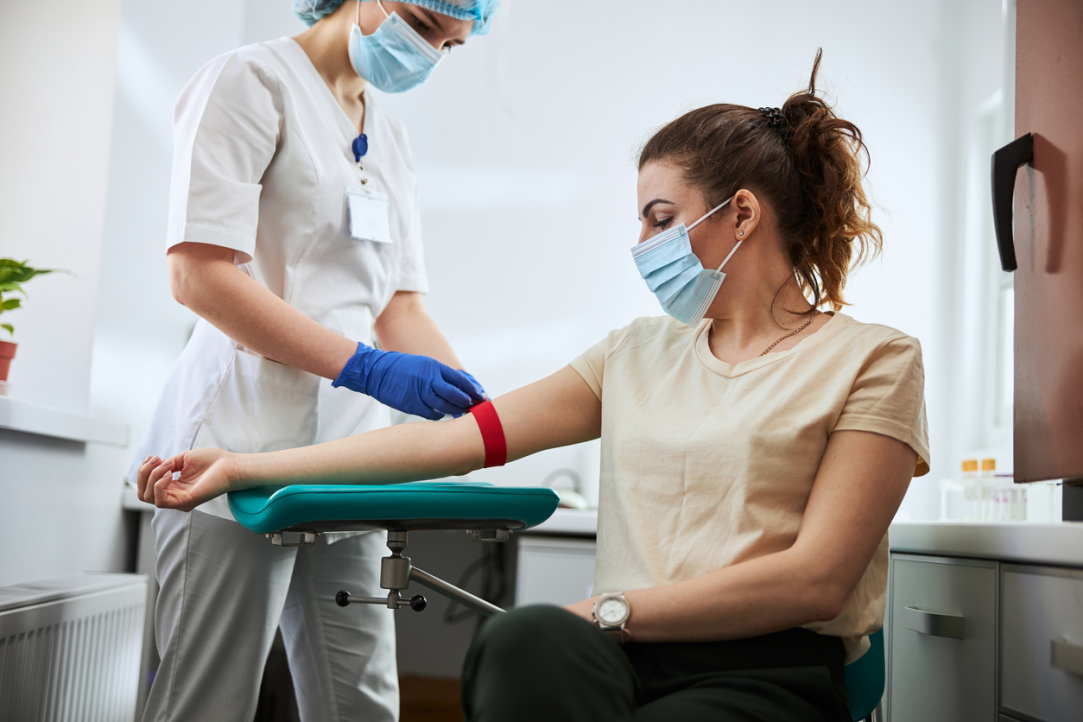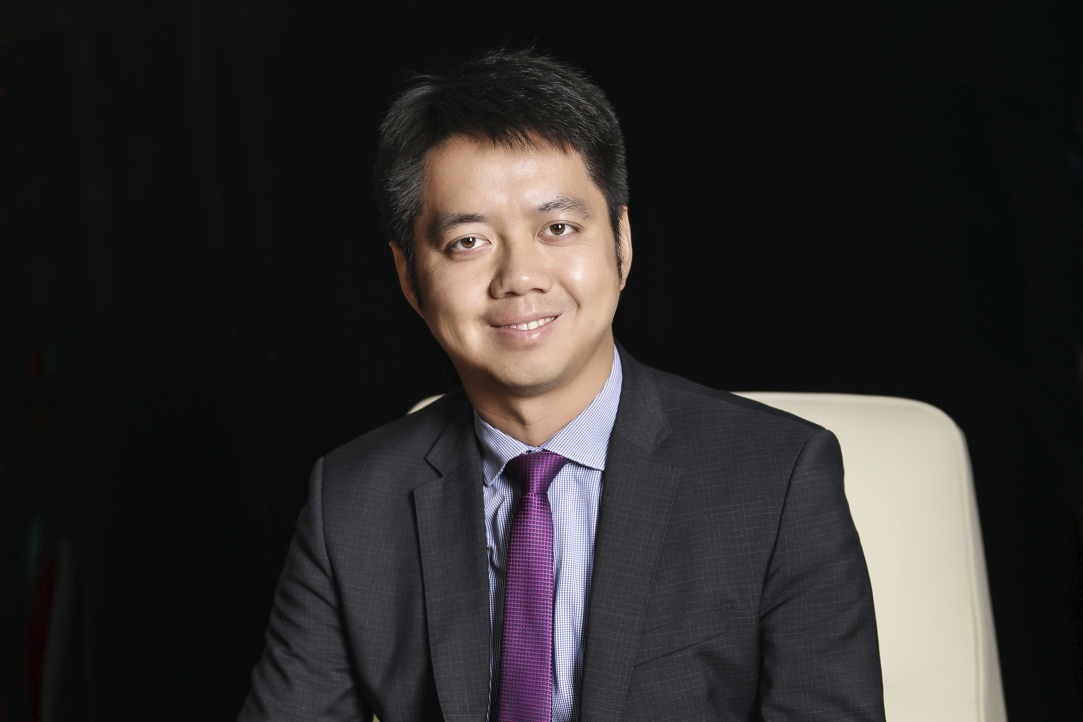Russia and Nigeria have good prospects for cooperation in many economic sectors—from mining, petrochemicals, agriculture, and high-tech manufacturing to education and mutual investment. The Embassy of Nigeria in Russia, together with NUIA Consulting and HSE University, has held a business briefing on ‘Entering New Markets: Nigeria—Opportunities, Prospects and Practical Experience of Russian Companies’.
















